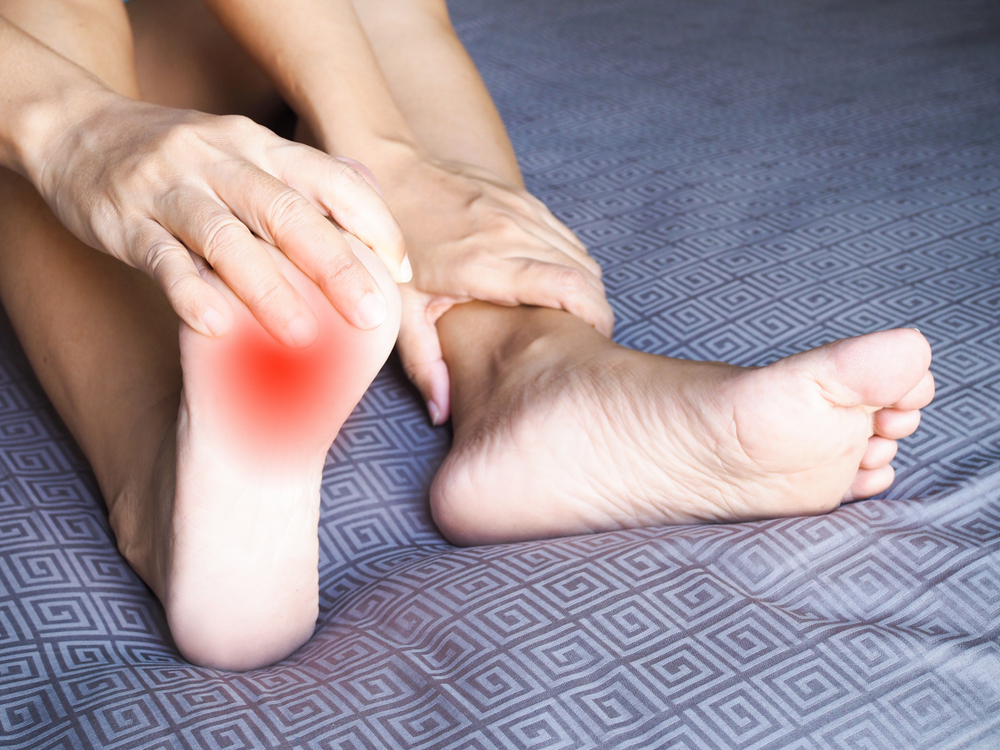
The peripheral nervous system connects the nerves from the spinal cord and brain to the rest of the body. These nerves deliver sensory information back to the brain and ensure the body’s internal functions work as they should. Some of the functions include food digestion and blood circulation.
What Is Peripheral Neuropathy?
Peripheral neuropathy results from damage to the nerves outside the central nervous system. These are the peripheral nerves. It causes numbness, pain, and weakness, usually in the feet and hands, and can also affect other body areas and functions.
Causes
Some of the factors that can cause this condition include:
Traumatic injuries
Metabolic problems
Infections
An inherited disorder
Toxins
Diabetes
Vitamin deficiency
Certain medications
These problems can disrupt the normal functioning of the nerves. For example, they might send pain signals when nothing is causing pain or fail to send pain signals when they should be doing so. People with this condition usually describe the pain as tingling, burning, or stabbing.
Types of Nerves
The body has three types of nerves. Due to the high number of peripheral neuropathies, doctors diagnose the type of neuropathy by the nerve groups it affects.
Motor nerves are responsible for muscle movements like using your arms and hands, walking, or talking.
Autonomic nerves are responsible for invisible processes like digestion, heartbeat, and breathing.
Sensory nerves transmit sensory information like touch, pain, cold, or hot.
Symptoms of Peripheral Neuropathy
The condition can affect one, two, or all three nerve groups. The symptoms you experience will depend on the kind of neuropathy you have. Symptoms of motor neuropathy include muscle cramps, muscle wasting, foot drop, muscle weakness, twitching, and paralysis.
Symptoms of autonomic neuropathy include rapid heart rate, diarrhea or constipation, loss of bowel control, and sweating too little or too much. Others are sexual dysfunction, difficulty emptying the bladder, dizziness, bloating, feeling sick, and belching.
Sensory neuropathy symptoms include sharp or burning pain, numbness, tingling and prickling sensation, loss of coordination or balance, and reduced physical sensations.
Warning Signs
As the condition progresses, nerve damage can become so severe that your feet go numb. While you will not experience pain due to the numbness, this is a bad outcome because you will be more prone to life-threatening injuries, infections, and wounds.
To avoid this fate, you should learn how to prevent this condition even if you are currently not experiencing symptoms. The first step toward prevention is recognizing the warning signs. Unfortunately, it is easy to miss the warning signs. You may have peripheral neuropathy for years without knowing since it is an insidious, slow-moving disease.
If you do not take the appropriate steps to stop it early, peripheral neuropathy will progress to a more devastating version. The more damage your nerves endure, the harder it will be to restore healthy function and relieve the pain.
The early warning signs to watch out for include tingling in the feet, weakness, and balance issues. Others include injuries, ulcers, cuts that are not improving, and other unexplained pain or sensations.
Conclusion
Severe peripheral neuropathy can be debilitating and devastating. When your symptoms are at their worst, the pain you experience can be so intense and constant that it keeps you up at night. It may leave you unable to drive, work, or even enjoy your favorite activities.
For more on peripheral neuropathy, call Beyer Functional Wellness at (708) 719-9100 to reach our office in Mokena, Illinois.









